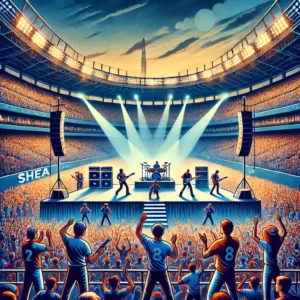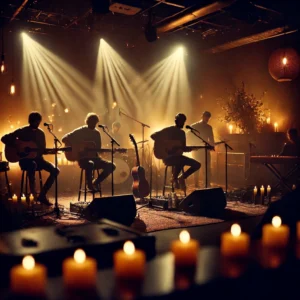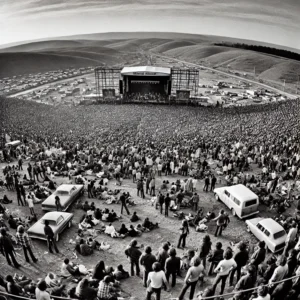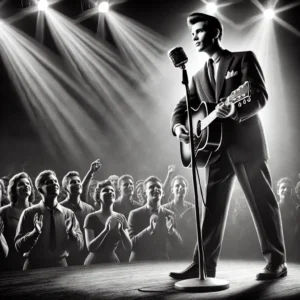Historic Concerts: The Moments That Defined the History of Music
Live concerts have always been more than just musical events — they are cultural phenomena that shape history and unite people. From the first concerts ever performed and their impact on society to the most iconic concerts in history, live performances have left an indelible mark on the world of music. Let’s explore how the evolution of concerts through the decades has influenced the way we experience music today.
The Evolution of Concerts: From Classical to Modern
The historical significance of classical music concerts cannot be overstated. Early performances were often intimate and exclusive, setting the stage (quite literally) for what concerts would become. As music evolved, so did concerts, with the rise of arena concerts in the 20th century marking a turning point. Over time, how concerts have evolved reflects broader shifts in culture and technology.
Technological advancements have played a huge role in shaping the modern concert experience. From electric amplification to massive video screens, how technology has shaped modern concerts has transformed live music into a spectacle that can reach millions, whether in-person or through digital platforms.
Iconic Concerts That Changed Music History
When we think about famous concerts that changed music history, events like Woodstock, Live Aid, and Queen’s 1985 performance often come to mind. These aren’t just shows; they are moments that defined generations. From political statements to charity causes, concerts as a form of social and political expression have often been pivotal in shaping public discourse.
Some of the most influential concert tours in history, like U2’s “Zoo TV” or David Bowie’s “Glass Spider,” not only thrilled audiences but also challenged the boundaries of what live performances could be. They’ve set the standard for today’s live music events.
The Cultural Impact of Concerts and Festivals
The importance of concerts in cultural history spans centuries, with performances reflecting and often leading societal changes. How music festivals changed concert culture is another key piece of this evolution, transforming live performances from individual artist showcases into communal, multi-day experiences. Festivals like Glastonbury and Coachella have redefined what it means to experience live music, blending art, culture, and activism.
Historical Venues and Legendary Performances
Concert venues themselves tell a story. The historical venues for concerts around the world, like New York’s Carnegie Hall or London’s Royal Albert Hall, have hosted some of the greatest performances in history. These spaces are more than just stages — they are part of the living history of music.
The largest concerts ever recorded in history have drawn millions, from Rod Stewart’s 1994 New Year’s Eve show in Rio to The Rolling Stones in Copacabana Beach. Such epic gatherings showcase the power of live music to bring people together on a massive scale.
Concerts and the Future: What’s Next?
From the past to the present, the concert experience continues to evolve. The evolution of concerts through the decades shows how each era brings new possibilities, and as technology continues to advance, the future of live music may be even more immersive and accessible.
From classical performances to modern-day festivals, concerts remain a critical part of our cultural fabric. They are not just a form of entertainment but a way for people to express themselves, rally around causes, and make history.




